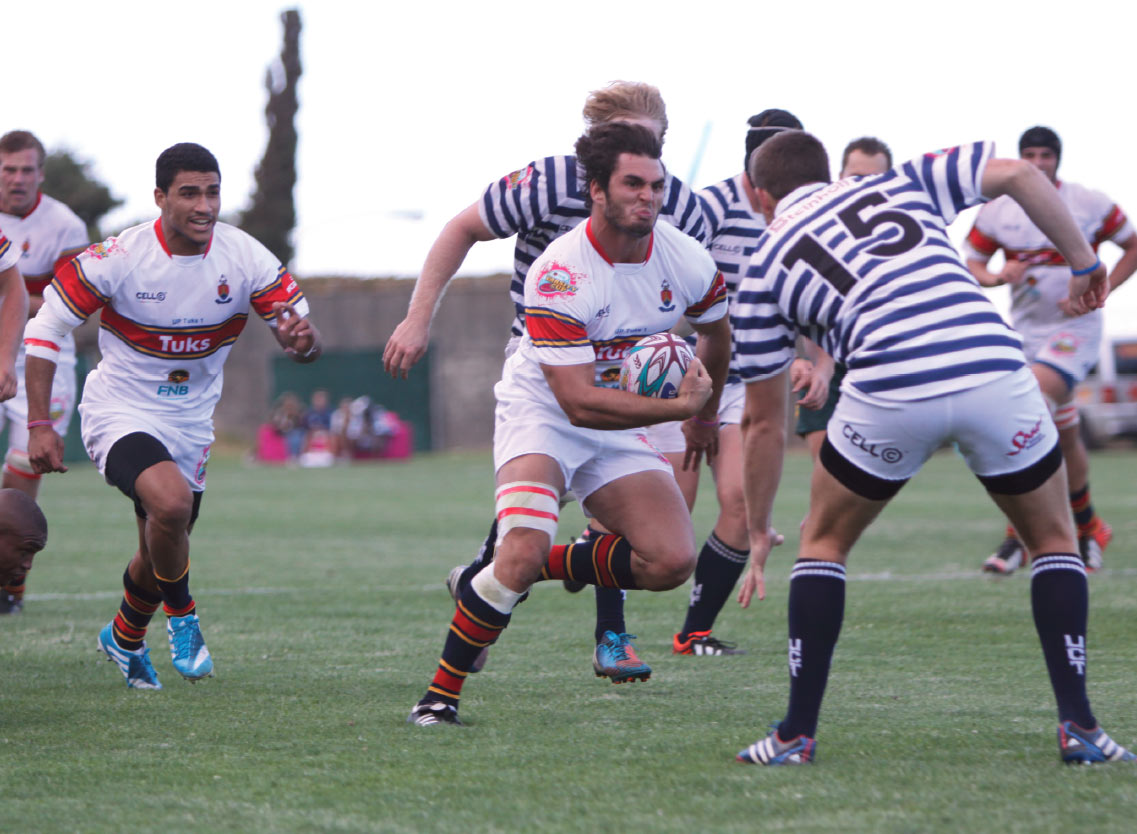 Professor Martin Schwellnus
Professor Martin Schwellnus
The vision of the Institute for Sport, Exercise Medicine and Lifestyle Research is to be an international leader in research that promotes health and well-being in the population through lifestyle interventions, a reduction in exercise-related injuries and medical complications, and sporting excellence. The impact and relevance of the research undertaken by the Institute is reflected in its four overarching themes:
At UP there are recognised clinicians and researchers who are already engaged in aspects related to the Institute’s five core focus areas. In 2015 research focused on injuries and illness in sport, generating publications investigating the epidemiology of injury and illness in select sports, as well as investigations into the risks of injury. Institute researchers contributed to studies on concussion in sport (in areas such as the diagnosis of concussion and return to play protocols after concussion), as well as the prevention and management of sudden cardiac arrest in sport.
The Institute was represented on a consensus committee convened by the International Olympic Committee (IOC), chaired by Professor Schwellnus. This expert group produced two IOC consensus statements published in a special edition of the British Journal of Sports Medicine to coincide with the 2016 Rio Olympic Games. It also reviewed the scientific evidence for the relationship of load (including rapid changes in training and competition load, competition calendar congestion, psychological load and travel) and health outcomes in sport, and provided athletes, coaches and support staff with practical guidelines for appropriate load management to reduce the risk of illness, injury and overtraining.
Professor Martin Schwellnus is an internationally recognised expert in the field of Sport and Exercise Medicine. He is the Director of one of only nine IOC Research Centres worldwide as well as Director of FIFA Medical Centre of Excellence. He serves as a member of the IOC Medical and Scientific Commission and as a research consultant on the International Paralympic Committee (IPC) Medical committee.
